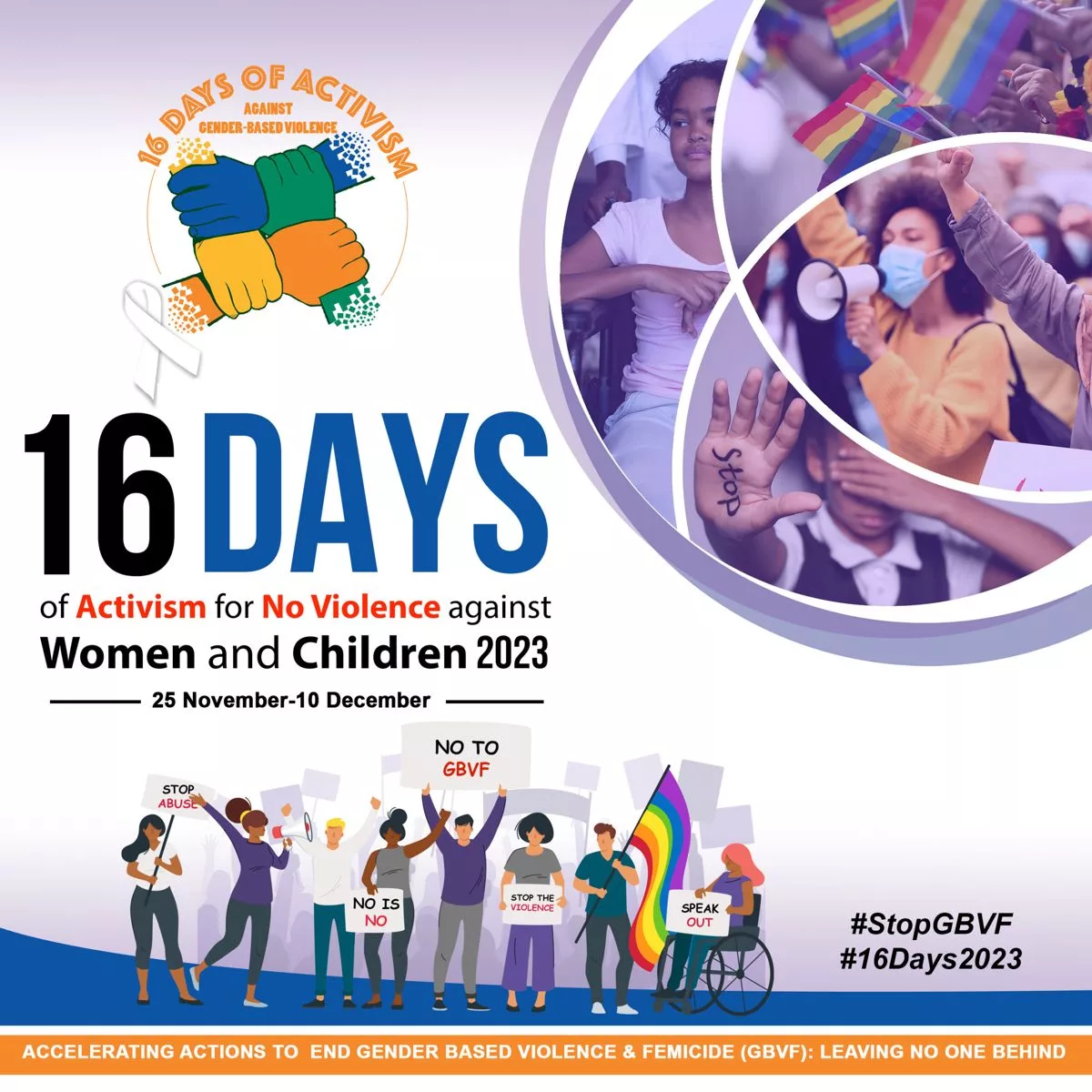The South African Parliament is getting ready to conclude its annual operations, with a focus on legislative matters, budgetary evaluations, and committee hearings. This week, the Deputy President will address urgent issues, while the National Assembly will review budgetary reports and wrap up the year’s business with farewell speeches. The Parliament’s commitment to multi-party democracy is also emphasized, with public funds allocated to political parties according to the number of seats they hold. This week highlights the vibrancy and dynamism of South Africa’s democratic institutions.
What’s on the agenda for the South African Parliament’s year-end?
The South African Parliament will conduct its final sessions this week, with a focus on legislative matters, budgetary evaluations, and committee hearings. The deputy president’s address to the National Council of Provinces on Tuesday will address the country’s most urgent issues, while the National Assembly will review budgetary reports and wrap up the year’s business with farewell speeches. The Parliament’s commitment to multi-party democracy is also highlighted, with public funds allocated to political parties according to the number of seats they hold.
The South African Parliament, an ever-active beehive in Cape Town, is gearing up to conclude its annual operations. The National Assembly (NA) and the National Council of Provinces (NCOP) are both scheduled to conduct their final sessions this week—NA wrapping up on Wednesday and NCOP concluding on Friday.
Deputy President’s Address: A Spotlight on Social Services and Economic Reforms
The Deputy President Paul Mashatile’s annual speech to the NCOP, scheduled for Tuesday at 2 pm, is among the most awaited events of the week. This year’s theme, “Accelerating the provision of social services, safety, and the advancement of economic reforms for economic recovery in the interest of the people,” is aimed at tackling the country’s most urgent issues. Traditionally, this address aligns with the ‘Taking Parliament to the People’ programme, a democratic initiative that brings parliamentary proceedings to the provinces. However, this year, the address will be delivered directly from the parliamentary precinct.
Legislative Matters Take Center Stage
The parliament’s agenda is also heavily loaded with legislative business. A plethora of bills are in line for consideration and approval. Notable among them are significant laws such as the National Prosecuting Authority Amendment Bill, the Prevention and Combating of Hate Crimes and Hate Speech Bill, and the State Liability Bill, among others. The House is also prepping to review recommendations for filling six vacancies in the South African Human Rights Commission (SAHRC).
This week will also see a keen examination of allegations of contempt of Parliament by members of the National Assembly during the State of the Nation Address on 9 February 2023. The Powers and Privileges Committee is slated to present a report on this issue on Tuesday.
Addressing Budgetary Issues and Concluding Business
The NA’s Wednesday session focuses on budgetary matters. Reports on the 2023 Medium-term Budget Policy Statement, Adjustments Appropriation Bill, and the Eskom Debt Relief Amendment Bill are up for review. The House will also evaluate the Public Procurement Bill and wrap up the year’s business with farewell speeches.
Simultaneously, the NCOP will be considering various legislative pieces, including the Judicial Matters Amendment Bill and Regulation of Interception of Communications and Provision of Communication-Related Information Amendment Bill. A significant part of the deliberation will be the National Health Insurance Bill, an audacious initiative aimed at creating a financing system that will provide access to quality, affordable personal health services for everyone registered with the fund, irrespective of their socio-economic status.
Council Considers Multiple Bills
The Council will take up several bills on Thursday, including the Taxation Laws Amendment Bill, National Road Traffic Amendment Bill, National Land Transport Amendment Bill, and the Economic Regulation of Transport Bill. On Friday, during its final session of the year, the NCOP is scheduled to consider a report from the Select Committee on Appropriations on the proposed division of revenue and the conditional grant allocations to provinces and local government.
Nine committees are planned to convene this week, addressing a wide spectrum of matters from trade and industry, financial issues, environmental concerns, public service and administration, transport, public works, and infrastructure.
Emphasizing Multi-party Democracy
It’s important to highlight that parties represented in the Parliament are entitled to public funds for their political activities, received according to the number of seats they hold. This practice reflects the commitment to a diverse, multi-party democracy, where even the smallest parties have a voice. It serves to encourage political parties to engage in the democratic process, stimulate political competition, and contribute to the country’s democratic life.
Wrapping Up: Vibrancy and Dynamism in Action
The upcoming week, being the last of the year, is sure to witness a whirlwind of activity as parliamentarians prepare to wrap up the year’s business. This period reflects the vitality and dynamism of our democratic institutions and the extensive work conducted under Deputy President Paul Mashatile’s leadership. The hectic week ahead, packed with legislative scrutiny, budgetary assessments, and committee hearings, is a reminder of the critical role our Parliament plays in our democratic life. It stands as an institution constantly evolving, reflecting, and reacting to the needs and aspirations of the people it serves.
1. What is the South African Parliament’s year-end agenda?
The South African Parliament’s year-end agenda includes concluding its annual operations, focusing on legislative matters, budgetary evaluations, and committee hearings. The Deputy President will address urgent issues, and the National Assembly will review budgetary reports and wrap up the year’s business with farewell speeches. The Parliament’s commitment to multi-party democracy is also emphasized, with public funds allocated to political parties according to the number of seats they hold.
2. What is the theme of Deputy President Paul Mashatile’s annual speech to the National Council of Provinces?
The theme of Deputy President Paul Mashatile’s annual speech to the National Council of Provinces is “Accelerating the provision of social services, safety, and the advancement of economic reforms for economic recovery in the interest of the people,” aimed at tackling the country’s most urgent issues.
3. What legislative matters are taking center stage in the South African Parliament?
The South African Parliament’s agenda is heavily loaded with legislative business, including significant laws such as the National Prosecuting Authority Amendment Bill, the Prevention and Combating of Hate Crimes and Hate Speech Bill, and the State Liability Bill. The House is also prepping to review recommendations for filling six vacancies in the South African Human Rights Commission.
4. What budgetary issues will the National Assembly focus on during its final session?
The National Assembly’s final session will focus on budgetary matters, including reviewing reports on the 2023 Medium-term Budget Policy Statement, Adjustments Appropriation Bill, and the Eskom Debt Relief Amendment Bill. The House will also evaluate the Public Procurement Bill and wrap up the year’s business with farewell speeches.
5. What bills will the National Council of Provinces take up on Thursday?
The National Council of Provinces will take up several bills on Thursday, including the Taxation Laws Amendment Bill, National Road Traffic Amendment Bill, National Land Transport Amendment Bill, and the Economic Regulation of Transport Bill.
6. How does the South African Parliament emphasize multi-party democracy?
Parties represented in the South African Parliament are entitled to public funds for their political activities, received according to the number of seats they hold. This practice reflects the commitment to a diverse, multi-party democracy, where even the smallest parties have a voice. It serves to encourage political parties to engage in the democratic process, stimulate political competition, and contribute to the country’s democratic life.








